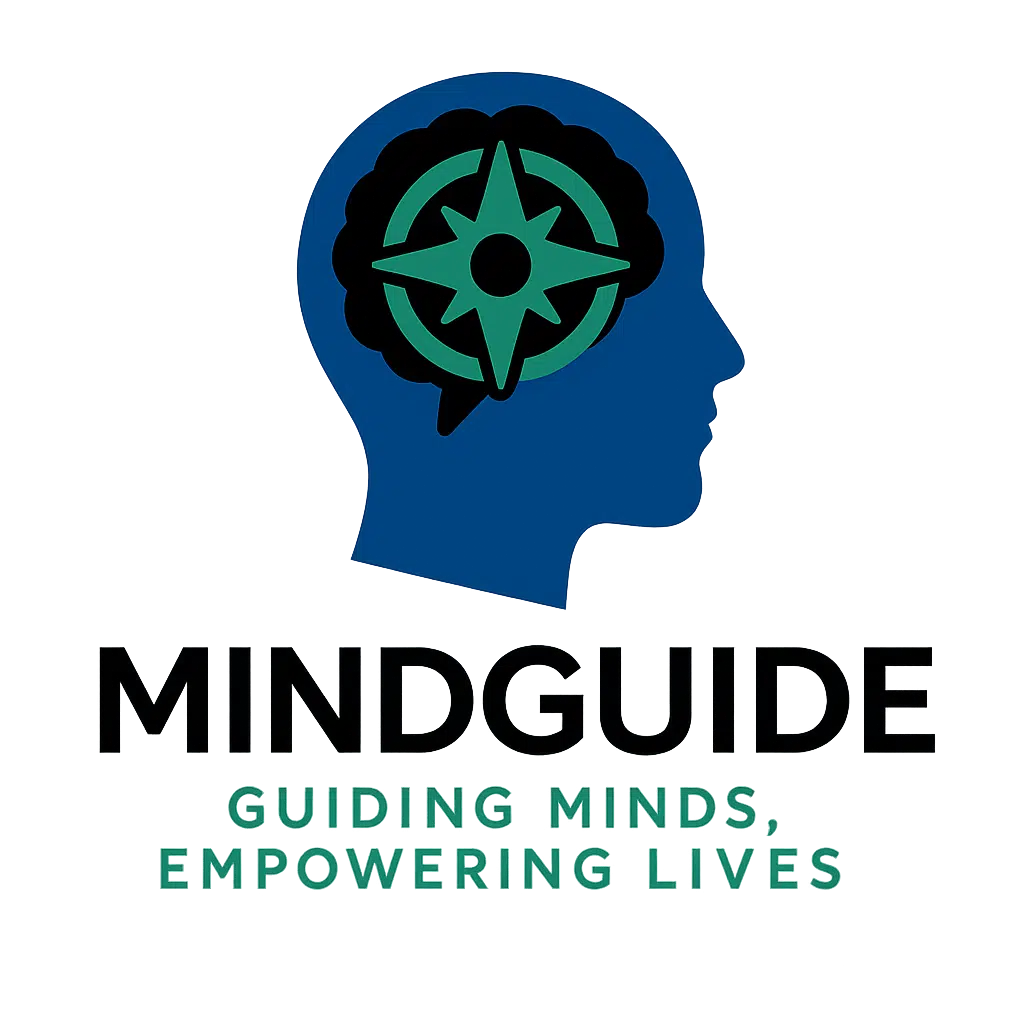I retired about few years back, after dedicating 36 years to my career. That means I spent over 75,000 hours doing almost the same kind of work. Malcolm Gladwell, in his bestseller Outliers, says that the key to mastery is 10,000 hours of focused practice. If that’s true, I should have been a master many times over.
My job brought with it challenges, achievements, and occasional setbacks — much like the journeys of many other professionals. Then, one day, retirement arrived. No work. Full freedom. A sudden shift.
At first, it felt like being flung onto a roller-coaster ride without warning — unsettling, disorienting, and even a little scary.
The Hidden Challenge of Retirement
When I looked around for answers, I found that most retirement advice focused on financial security — savings, investments, pensions. But what about psychological well-being?
What about the loss of structure, identity, or community that comes with retiring?
Many of my friends and colleagues confessed they were going through the same turmoil. Clearly, it wasn’t just me.
Retirement in India: A Growing Concern
As of 2019, senior citizens (60+) made up about 10% of India’s population — approximately 13.5 crore people. By 2050, this number is projected to grow to 33 crore, almost 20% of the population.
We are living longer and healthier lives than previous generations. With advances in medicine, the post-retirement phase may soon make up one-third of our lifespan. That’s a significant chunk of time — too long to be left without purpose.
The Four Phases of Retirement:
Based on my personal journey and the experiences of many others, I believe post-retirement life can be divided into four distinct phases:- The Freedom Phase
- The Storm Phase
- The Trial Phase
- The Self-Actualisation Phase
- Attitude – Stay positive and open to change.
- Approach – Be proactive, not passive.
- Aspiration – Keep your dreams alive, regardless of age.
- Action – Take the first step. Then the next.




